After nearly 20 years of working with palm civets, Mr. Pham Van Hung in Luc Nam district, Bac Giang is earning tens of billions of dong each year thanks to his passion for this animal.

Mr. Pham Van Hung (white shirt) in a small farm where customers can come and see civets and bamboo rats. Photo: Tung Dinh.
Succeed
Born in 1986, Pham Van Hung in Luc Nam district (Bac Giang) started raising animals early when his father was a farm owner and was very passionate about bamboo rats and palm civets. In 2006 - 2007, through an acquaintance's introduction, his father bought palm civets from China to raise.
With experience in raising animals, and his passion for the profession, the number of civets in Mr. Hung's family has been expanding. However, in 2011, his father passed away. Wanting to preserve his father's legacy and with his passion, Mr. Hung was determined to invest in building a model that would grow day by day.
The owner of the largest palm civet farm in the North said: "When my father was alive, he was very passionate about this palm civet. That's why I was determined to build the model as he had wished. Luckily, when he was alive, my father taught me a lot, so when I took over, I was not surprised."
At first, Mr. Hung was still inexperienced, so the fertility rate of some mother civets was low, often suffering from intestinal diseases. Not giving up, he learned from friends and acquaintances, read more books and newspapers to gradually overcome the difficulties. Not to mention, when he first took over the farm from his father, his biggest difficulty was investment capital.
Thanks to his hard work, along with the foundation and experience left by his father and his daring mindset, Mr. Hung's model has increasingly developed, bringing economic efficiency, not only in line with the economic development orientation of the locality but also contributing to reducing the pressure of hunting wild animals in the natural environment, protecting rare wild animals at risk of extinction.
Currently, Mr. Hung's model consists of two facilities. The Northern facility is divided into 4 farms including a breeding area, a commercial farming area, a reserve farming area, and a product introduction area with the largest area being about 17,000m2. The areas are built clean and airy, with additional fish ponds and gardens to ensure bio-safe livestock farming.
His farms in the North have about 7,000 civets, including parent civets, new breeds and commercial civets. In peak years, the number of civets raised in Mr. Hung's farm is up to 10,000. In addition, there is a small amount of peach-cheeked bamboo rats. Each month, the model supplies the market with hundreds of breeding pairs and 3-4 quintals of commercial civets.
Mr. Hung's southern facility is located in the Southeast region, mainly to replicate the model and provide seeds to people. He shared about the development of the southern facility: "My model is known to many customers from North to South. To make transportation easier for customers, I also built a farm there. Customers can come directly to the facility to make their choice easier."
Possessing a breeding license from the local Forest Ranger force, Mr. Hung not only supplies civets and bamboo rats for restaurants and hotels but also sells breeding animals to other breeding households across the country. In addition, if any case of difficulty in breeding, Mr. Hung is willing to re-import the sold breeding animals.
Easy but difficult
As Mr. Hung shared, palm civets are not difficult to care for, and are even very easy to raise if you know how, but they require the breeder to be dedicated, careful, and willing to pay attention to each civet.
When asked about the secret to raising chickens, Mr. Hung shared: "Selecting breeds is very important. When raising chickens, I feed them bran for 1-month-old chickens. When they grow up, they mainly eat white porridge with by-products. If possible, you can also feed them fruit. For the cage, the width, depth, and height should be 80cm."
According to farm owner Pham Van Hung, every year, his civets and bamboo rats are vaccinated against diseases during the transitional season, around July - August. The vaccine used is the 7-in-1 type usually used for cats and dogs, costing around 100,000 VND/dose.
With palm civets, the raising time is usually about 10 months until it is time to sell, the weight of the civet is about 4 - 4.5 kg and the selling price can be from 2 - 2.5 million VND/kg or more, depending on the time. Mr. Hung shared that because raising civets requires meticulousness and care, not many people can raise them, and even fewer can raise them on a large scale like his, so supply is always not enough to meet demand.
Many people have come to Mr. Hung's farm to buy civets for breeding but are not strong enough to take care of them, the civets are malnourished and stunted, so they have to sell them to him. According to him, raising civets must be clean and hygienic, but many people spread rice husks and probiotics on the floor to clean it, making the civets susceptible to pneumonia. The best way is to clean and wash them regularly.
Regarding food, in addition to fruits, porridge, rice, civets and bamboo rats are also fed crushed bamboo stems by Mr. Hung to ensure nutrition. They only need to be fed once a day, between 4 and 8 pm, which is the appropriate time for the nocturnal habits of these animals.
Because feeding is only concentrated for a few hours, and can be done outside of working hours, Mr. Hung said that many office workers and officials can still raise livestock. Porridge for civets and bamboo rats is cooked with rice and chicken necks and wings bought from slaughterhouses, or cooked with tilapia. This dish helps supplement nutrition and helps animals grow quickly.
From his own experience, Mr. Hung advises those starting a business to approach it step by step at first, and not to invest massively. In the first two years, they should only raise 1 to 2 pairs of breeders, raising and learning at the same time, then gradually multiply.
"Although palm civets have high economic value, with nearly 20 million VND/breeding pair and about 2.5 million VND/kg of commercial meat, investing in developing the breeding of this animal does not make you rich immediately, but requires time and perseverance," said the owner of the largest civet farm in the North.
In addition, the investment cost for buying breeding animals is still high, the barns must be built according to the correct techniques, the management, control of breeding conditions, and disease prevention in livestock farming currently do not have a formal training facility, but mainly learn from the experience of predecessors, so it takes time to accumulate.
Currently, Mr. Hung's model brings in revenue of 20-30 billion VND/year. The model also creates jobs for nearly 10 regular local workers with an average income of 8-10 million/month.
Huong Hoai (according to nongnghiep.vn)
Source






![[Photo] Discover unique experiences at the first World Cultural Festival](https://vphoto.vietnam.vn/thumb/1200x675/vietnam/resource/IMAGE/2025/10/11/1760198064937_le-hoi-van-hoa-4199-3623-jpg.webp)

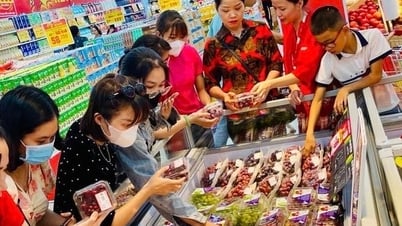

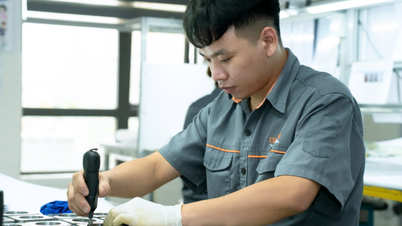
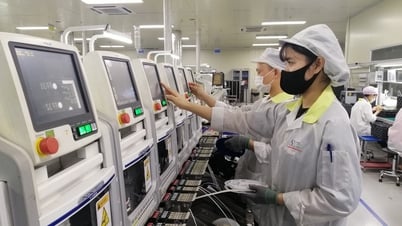








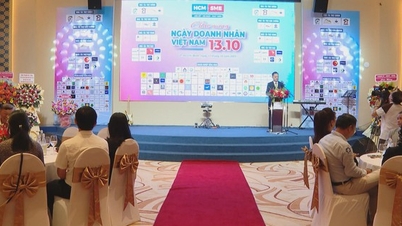



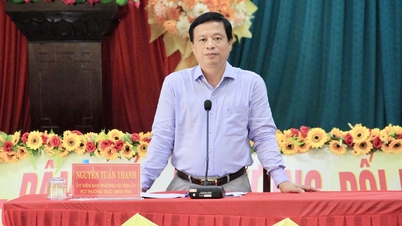



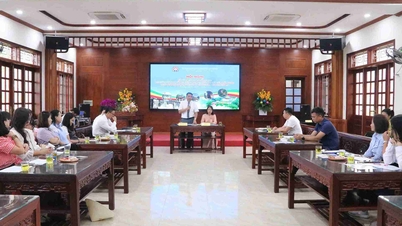



















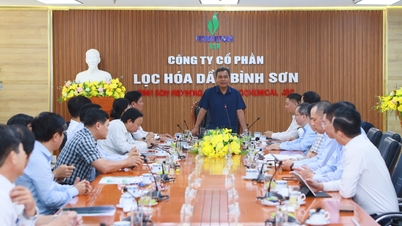








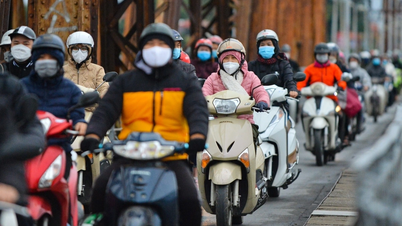


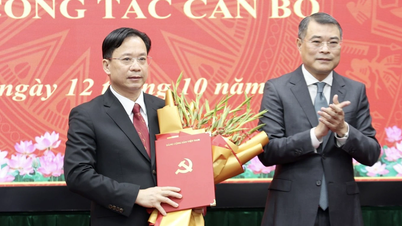








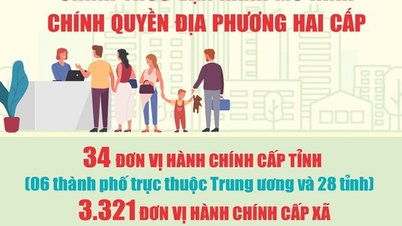
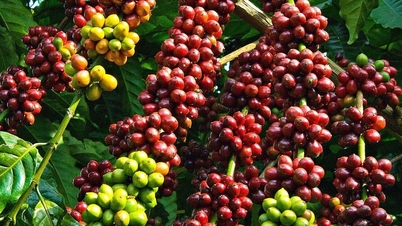

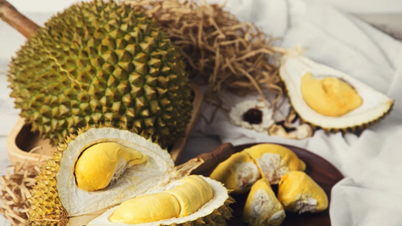
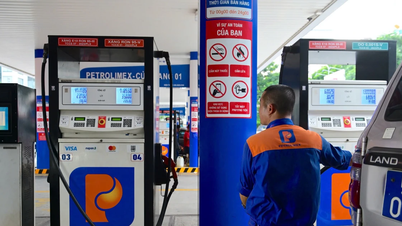
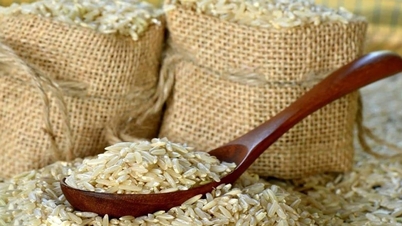

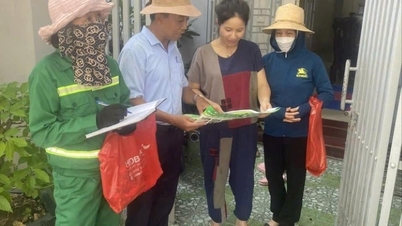
















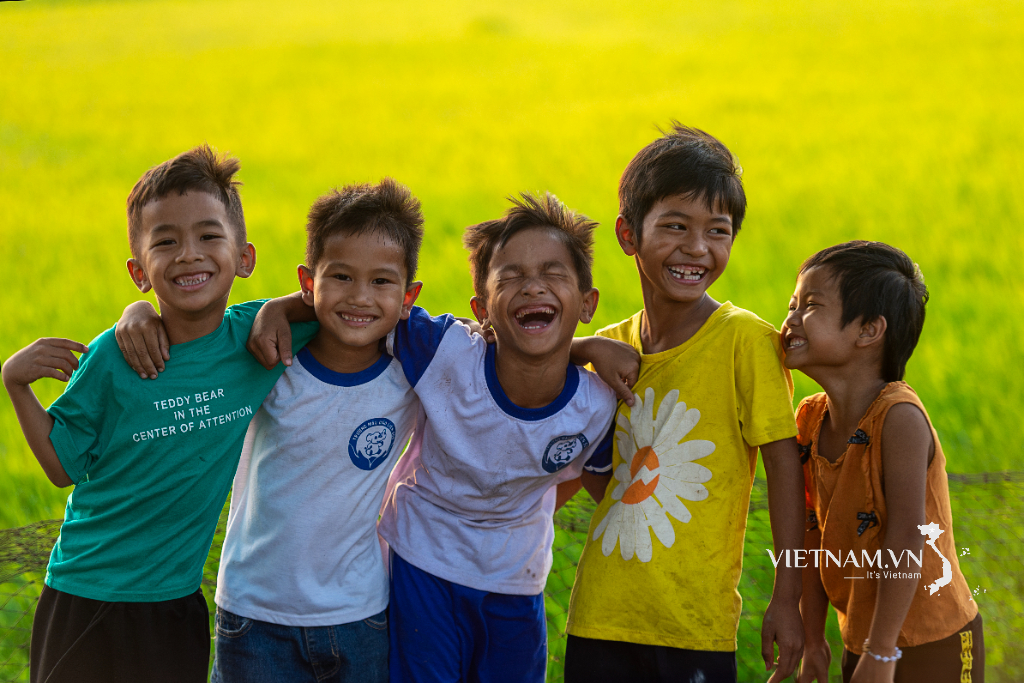
Comment (0)